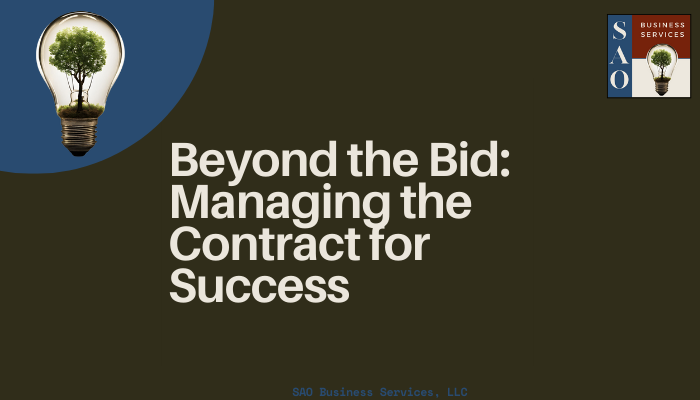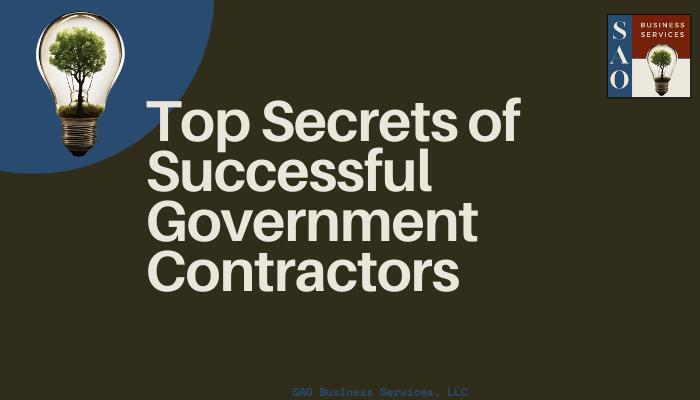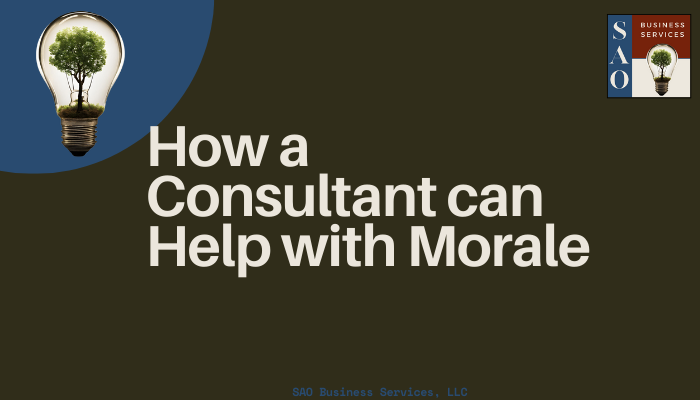Securing a government contract can be a rewarding experience, but navigating the ethical landscape requires constant vigilance. As a contractor, your interactions with federal employees must be guided by strict ethical principles that ensure transparency, fairness, and public trust. Stepping outside these boundaries can have severe consequences, including contract termination, fines, and even criminal charges.
So, what should you absolutely avoid when interacting with federal employees?
1. Gifts and Gratuities: Offering or accepting gifts, meals, or favors, even seemingly insignificant ones, can be construed as bribery or an attempt to influence a decision. Remember, the perception of impropriety can be just as damaging as actual wrongdoing.
2. Unauthorized Communication: Avoid engaging in unofficial communication with federal employees about the contract, especially regarding technical specifications, evaluation criteria, or competitor information. Stick to designated channels and authorized personnel.
3. Insider Information: Never solicit or use non-public information obtained from federal employees to gain an unfair advantage in the bidding process or project execution. This includes information protected by confidentiality agreements or not officially released.
4. Improper Lobbying: Refrain from any activity that could be interpreted as lobbying a federal employee to influence their decision-making on the contract. This includes offering campaign contributions, political favors, or undue pressure.
5. Conflicts of Interest: Be mindful of any personal or professional relationships that could create a conflict of interest. If such a situation arises, disclose it promptly and take steps to mitigate any potential bias or unfair advantage.
Remember, prevention is key:
- Educate your employees: Regularly train your staff on government contracting ethics and ensure they understand the boundaries of acceptable behavior.
- Establish clear policies: Implement and enforce clear policies and procedures that address gifts, communication, conflict of interest, and other ethical considerations.
- Maintain an open dialogue: Encourage employees to report any questionable practices or potential ethical violations without fear of retaliation.
- Seek guidance: When unsure about a situation, consult with legal counsel or ethics experts specializing in government contracting.
Ethical conduct is not just about avoiding penalties; it’s about building trust and fostering a positive relationship with the government. By upholding the highest ethical standards, you can ensure the long-term success of your contracting endeavors and contribute to a fair and transparent procurement process.
Have you encountered any ethical challenges while working with federal employees? Share your experiences and tips in the comments below!
Disclaimer: This blog post is intended for informational purposes only and should not be construed as legal advice. Please consult with legal counsel specializing in government contracting for specific guidance and compliance regulations.




